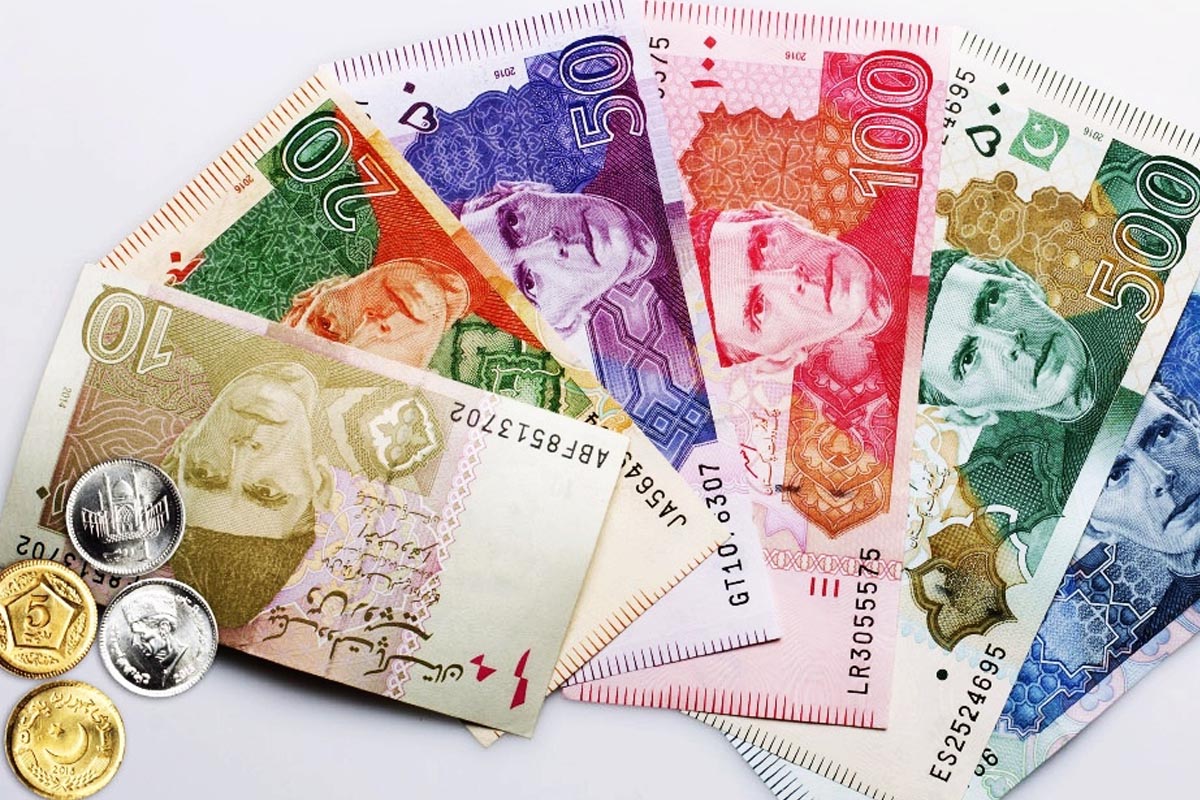Pakistan’s ANF arrests 10 suspects in drug smuggling operations
The Anti-Narcotics Force (ANF) of Pakistan arrested 10 individuals involved in drug smuggling in operations across the country, said a statement.
The report findings come at a time when Pakistan’s progress on actions taken to comply with FATF’s global standards to curb money laundering and terror financing, are going to be reviewed at the plenary meeting of the FATF in Paris.

Photo: IANS
At a time when Pakistan’s progress on countering terror-financing and money laundering is being scrutinised at the Plenary meeting of the global watchdog Financial Action Task Force (FATF), a report has highlighted that Pakistan has suffered losses worth billions due to being placed in the FATF’s grey list thrice since 2008.
The findings were shared in a research paper published by an independent think tank named Tabadlab, titled “Bearing the cost of global politics – the impact of FATF grey-listing on Pakistan’s economy”.
The research paper revealed that “grey listing event spanned from 2008 to 2019, which may have been one of the reasons why the country’s cumulative GDP losses towered up to at least $38 billion”.
Advertisement
“Data suggested that Pakistan’s removal from the grey list of the FATF has at times led to revival of the economy, as evident from an increase in the level of GDP for the years 2017 and 2018,” argued the author of the research paper.
“A large portion of the $38 billion losses can be attributed to reduction in household and government consumption expenditure,” the report added.
“One of the mechanisms by which FATF grey-listing can adversely affect the economy is through increased skepticism surrounding the economy’s future outlook. This will most likely lead to a decline in local investment, exports and inward foreign direct investment,” the report maintained.
The report findings come at a time when Pakistan’s progress on actions taken to comply with FATF’s global standards to curb money laundering and terror financing, are going to be reviewed at the plenary meeting of the FATF in Paris.
Experts believe that chances of Pakistan’s exit from the grey list are grim as anti-money laundering and terror financing laws in the country are not fully compliant with global standards.
Government sources maintain that “Pakistan’s progress on at least three out of six remaining action points need more work,” adding that nothing could be said till a formal announcement by the FATF is not announced.
Pakistan has been struggling to comply with the FATF action plan as the country has failed to implement anti-terrorism and money laundering laws, leading to its inclusion in the FATF grey list in 2018 for the third time since the year 2008.
Pakistan’s inadequate controls to deter terror financing and money laundering, continue to be a point that has kept the country under check of the global watchdog and incurred major economic losses.
Pakistan has put the blame on the US-India nexus for its placement on the grey list.
Advertisement